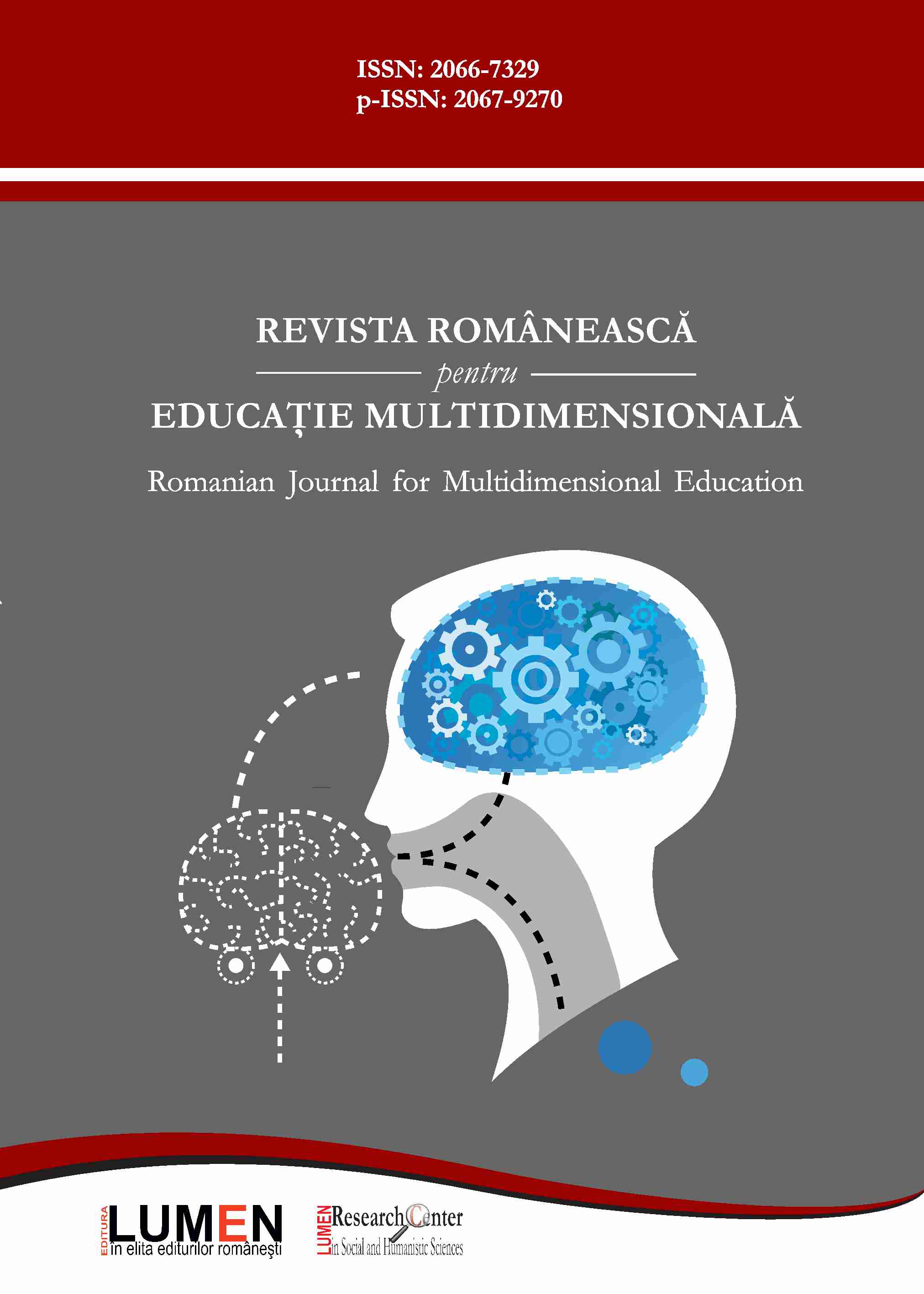The Problem of Subject and Subjectivity in Psychological and Pedagogical Sciences in the Context of Training Future Teachers
The Problem of Subject and Subjectivity in Psychological and Pedagogical Sciences in the Context of Training Future Teachers
Author(s): Yulya Zhurat, Anatolii Yanovskyi, Larysa Ianovska, Mykhailo Tsymbal, Marharyta Kozyr, Lyudmyla KokorinaSubject(s): Social Sciences, Education, Psychology, Social psychology and group interaction, Organizational Psychology, Pedagogy
Published by: Editura Lumen, Asociatia Lumen
Keywords: traditionalism; intention; neural connections; self-control of the subject; student orientation; the formation of the teacher's subjectivity;
Summary/Abstract: The article analyzes the multimodality of approaches to the concept of subjectivity of a primary school teacher in Ukrainian education. The purpose of the article is how to determine the well-established traditional (mostly destructive) and promising directions for the development of the doctrine of subjectivity in the Ukrainian psychological and pedagogical discourse against the background of historical and current experience. We identified a number of contradictions in the qualification of this phenomenon, the stability of traditional approaches and the avoidance of interdisciplinary neurophysiological and pedagogical understanding of the problem in Ukraine. We also found out that the ideas of Ukrainian scientists are of an expressive dual nature: they are divided into sociocentric representations of the subject as an indicator of the social level and nature-centered (subjectivity as an innate permanent resource for self-development). We also made some comments on the use of traditional and innovative ideas of subjectivity in the educational process. The greatest drawback of the Ukrainian scientific discourse is the lack of consideration of neurophysiological patterns in the understanding of subjectivity. Nevertheless, the maximum use of such ideas outlines the prospects for a new stage in the development of psychological and pedagogical science in Ukraine. The international contribution of the article lies in the re-inventory of views on the subjectivity of the post-totalitarian state against the background of world trends. This will allow countries that have little experience in transforming education, psychology and sociology (Ukraine, Russia, Belarus, Kazakhstan, etc.) not to formally adopt the experience of Western democracies, but also to acquire constructive traditions in their own discourse.
Journal: Revista Românească pentru Educaţie Multidimensională
- Issue Year: 14/2022
- Issue No: 1Sup1
- Page Range: 349-369
- Page Count: 21
- Language: English

